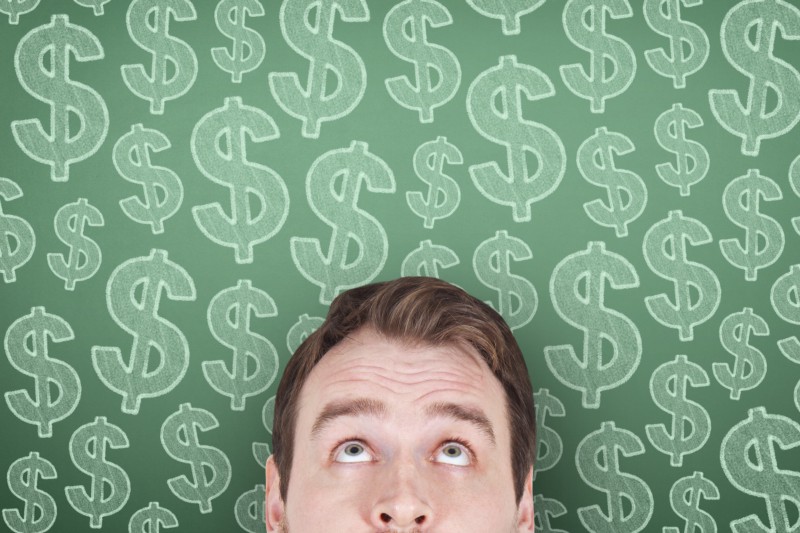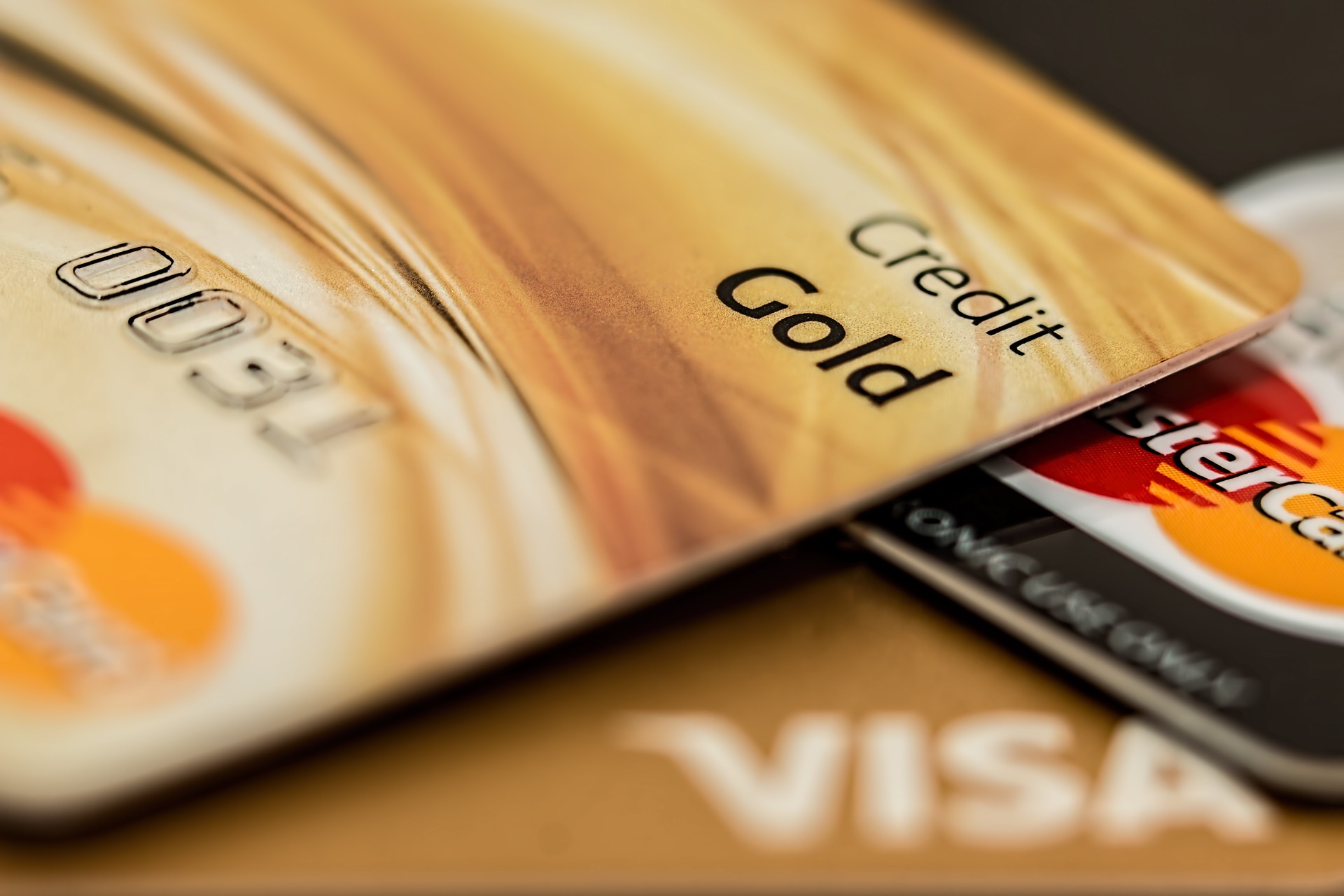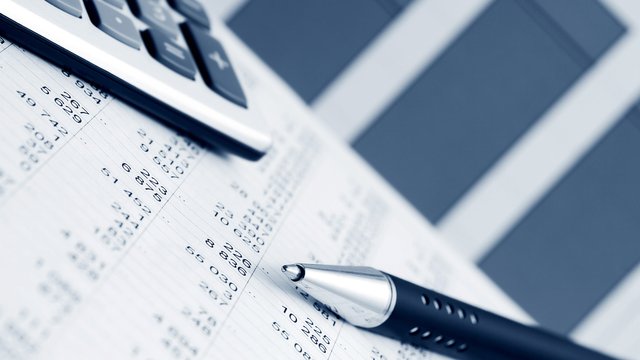
Your financial life comprises two main components — production and consumption. In personal finance and in entrepreneurship, we spend most of our time speaking about production. We’re either looking to invest more in producing companies, real estate and assets or we’re looking to start a company that will ultimately help us produce more. Everyone who is thinking about investing is thinking about production at its core.
If you’re going to optimize your production and consumption so that your passive income is greater than your expenses, you need to work both sides of the equation. I recommend focusing on reducing the cost of your consumption, which includes four biggest expenses — taxes, shelter, debt and recurring monthly expenses. The goal is to minimize each of these and have a plan to optimize them.
TAXES
There are three approaches to help manage how much gets paid to the Tax Man. You need one or more of the following items in order to build wealth by reducing your single largest expense, taxes.
A Home with a Mortgage — you can deduct the interest of the mortgage on your taxes. If you pay $3,000 per month in rent or $3,000 per month in a mortgage payment, both cost $36,000 per year. But the home mortgage gets you roughly a $36k deduction on your tax bill (the portion of your mortgage payment that goes to mortgage interest). That can be about a $16,000 per year better deal than rent. That means after 10 years, you have approximately $160k more in wealth than if you just stuck to renting. This example illustrates the power of saving taxes through the mortgage deduction.
A Business — there is nothing quite as sweet as a business. You can deduct so many business expenses. If you’re employed, you have Income and then pay Taxes. After you have paid taxes, then you pay Expenses. If you have a business, you have Income and then pay Expenses. THEN you pay Taxes. Which one do you think is better? It’s a big deal. Plus, you can pay 15% less in income taxes on income that is a shareholder distribution because you don’t have to pay Social Security taxes on shareholder distributions. In addition, you can have SEP/Simple IRA plans that help you stockpile pre-tax money and create investment assets. There are many more benefits of owning a business, but these are a few that help you manage your tax expense. There is nothing as good as owning a good business.
Annuities (a form of insurance)— Insurance is a form of commerce that has been happening for millennia. That’s part of the reason why the law treats insurance so well. Annuities allow you to invest pre-tax money and defer the payment of the taxes. They have an accumulation phase and then a distribution (annuity) phase. The distribution phase is when the lump sum amount is converted to income payments for life. The distribution phase also allows you to take out money, in the form of loans, to make income payments for the rest of your life. Moreover, loans are not taxed.
Annuities can be great tax shelters if you make a lot of money and you don’t yet own a home or business. There are good annuities and bad annuities. There is a time and a place for annuities. It can help you create tens of thousands of extra dollars per year, that over a course of a decade, start really impacting your wealth.
You need all three of these vehicles to manage the Tax Man, but for sure you need at least one. If you own a home, you’ve got some good tax shelter. If you own an annuity, especially when you’ve got high income and no other home or business, you’ve got a good tax shelter. If you own a business, you’ve got probably the best tax shelter of all three. All of these can help you reduce and minimize how much tax you ultimately have to pay.

SHELTER - THE RENT (or MORTGAGE)
Your second biggest expense, after taxes, is typically your shelter (rent or mortgage). And the the first step is to consider buying a home. There are many circumstances where that might not make the most sense, but the important thing is to bring in all the data into an equation that will help you evaluate and optimize.
One of the other considerations is to determine how much you are willing to spend on shelter? Oftentimes, many of us end up buying more home than we probably can afford. The general rule of thumb is not to spend more then 25% of your gross income on shelter. In my opinion, that’s a pretty high number. That means if you make $10,000 per month, per tax, then you don’t want to spend more than $2,500 on rent or a mortgage payment. Many of us in California and New York must spend more than 25% per month, so you’ll have to factor your own circumstance into that equation. Ask yourself, “could you live in a smaller place?” Could you drastically reduce your transportation cost if you lived closer to public transportation or you didn’t need to commute each day? Could you find a job or stream of income where you could live anywhere? Any of these alternatives would give you the ultimate flexibility in managing how much you spend on shelter.
Remember, where you live will determine how much you pay for almost everything. The cost of a haircut to the weekly cost of groceries, will be affected by what zip code you choose to live in, so remember that, and factor it into your optimization plan.

DEBT PEYMENTS
Debt is probably the most important expense to handle early on. It is such a factor in how much we’re able to save later, that it is critical to pay off all bad debt as soon as possible. This means it is more important to eliminate debt than it is to save for an emergency account, save for investing, or to start a retirement account outside free money provided in a 401k through the employer match.
Now, it’s important to distinguish between good debt and bad debt. Good debt usually goes towards helping improve your production capacity. Student loan debt can be considered good debt, because once you get the degree, you’ll be able to earn more than you could before. Student loan debt is also tax deductible (under a certain amount of annual income), which is the tell-tale sign between good debt and bad debt.
Bad debt typically comes from spending too much on consumption. New car payments and credit card debt are forms of bad debt. They get no beneficial tax treatment. They do not help you produce more income. Bad debt is merely a symptom of too much spending. This is the debt we need to address early on in our objective to win financial freedom.
Eliminating this monthly expense early on, in the first two to six years of your new financial plan, will open all sorts of possibilities later. So, the goal is to completely eliminate this expense from your monthly expenses. It may take some time, but you can eliminate debt payments from your budget.

RECURRING EXPENSES
Recurring monthly expenses can be the most insidious of the four large expense categories. Their power isn’t in the monthly amount you spend on each recurring expense, it is the duration of payments. If you spend $125/month on a cell phone, each and every month until the end of time, that’s a lot of money. If you spend $150/month on cable/internet, each and every month until the end of time, that’s a lot of money. These types of expenses are critical to pay the absolute minimum for the level of service desired.
Cutting these expenses in half is typically doable. And, if you have internet, do you really need to pay for cable? These are all personal decisions, but it’s important to fully understand the impact of recurring monthly expenses. They lead to a lot of constraint on the monthly budget that could be going towards your freedom.
The biggest of the monthly recurring expenses is typically a car payment. I personally have never bought a new car and probably never will. Paying $30,000+ for a new car is crazy when you drive it off the lot and it is worth 20% less than it was five minutes ago. Paying a substantial car payment each month doesn’t make a lot of sense if you’re truly committed to financial freedom. The important point is to weigh the true importance of transportation within your overall plan. Do you want to be a slave to your car? Consider buying a car that’s two to 10 years old and keeping it for 10 years. If you do have a car payment, plan to have a majority of the time you own the car to be without a payment.
I bought a fancy car, but I bought it two years old. I paid a loan for five years and now I’ve had it “payment free” for the last four years. I plan to keep it another five years. Minimizing a large car expense will go a long way to optimizing your consumption expense and get you that much closer towards your goal of financial freedom.

PUTTING IT ALL TOGETHER
If you had a business and you were able to control how and when you paid taxes, even if it were on the same level of income, how much more could you save or invest? If you owned a home and put all the money you saved from the mortgage interest deduction plus the depreciation expense, how much more could you save or invest? What if you ensured you only spent 25% of your budget on shelter? If you eliminated your debt, how much more could you save or invest? If you reduced monthly expenses and you didn’t have a car payment, how much more could you have to save or invest?
I bet it’s a lot. The important thing is to envision a long-term plan for managing your expenses. If you can minimize tax payments each year through using some of the tax planning vehicles, if you can reduce your shelter expense, if you can eliminate your debt payments by some time in the future and if you can minimize your recurring expenses, especially eliminating a monthly car payment, that’s when the magic truly starts to happen.
You’ll notice you have money left over each month. You’ll be able to start a savings account. You’ll be able to save and invest for retirement. You’ll be able to start an investing account. And, you’ll be able to buy a house if you decide to include home ownership in your financial plan. Having an optimization plan for reducing the expense of consumption will go along way towards winning the game of financial freedom.
Jake Ryan (@WealthRituals) is the Founder of Wealth Rituals, Private Equity Advisor, Angel Investor & Writer on Investing. Wealth Rituals is Focused at the Intersection of Investing & Entrepreneurship, committed to bringing advanced Financial Education to the motivated.
Would you like to stay updated and receive latest weekly news, tips and articles on investing, entrepreneurship and personal finance? Sign up to our NEWSLETTER.
Mortgage payments are often horrendous, the housing prices are definitely on the rise again....
You are welcome to follow me on YouTube as well as here, I make a nice amount of extra income selling thrifted items on ebay...how much I make depends on how much I work it and what cool stuff I find...I Vlog the hauls & Solds and the journey on YouTube... you don't even need money to start, sell stuff from around your home or ask friends & Fam to donate items, List It, Sell it, repeat :)
Downvoting a post can decrease pending rewards and make it less visible. Common reasons:
Submit